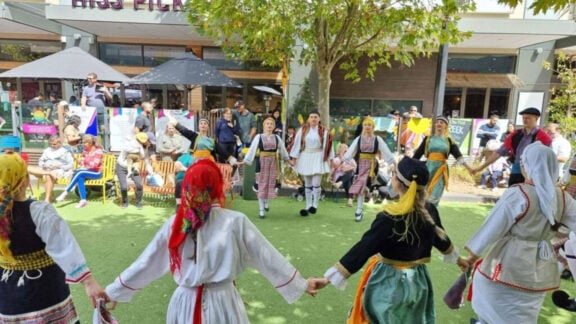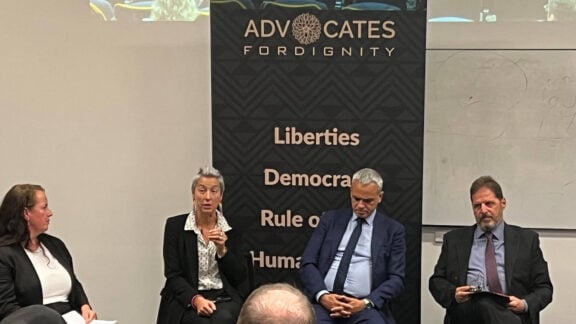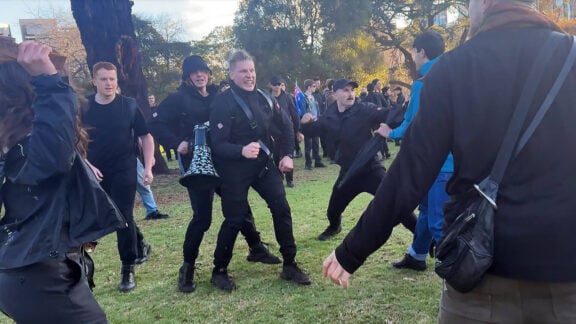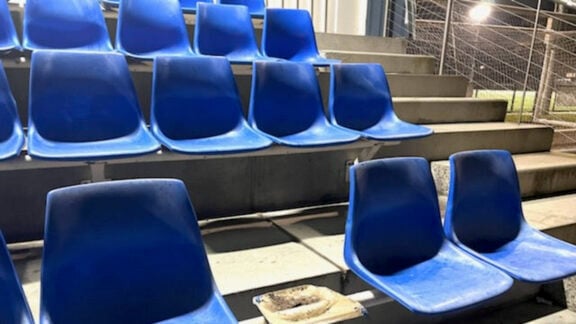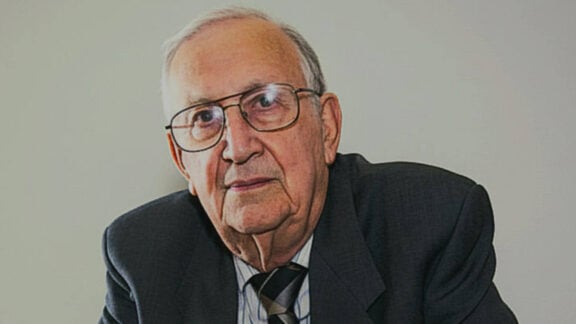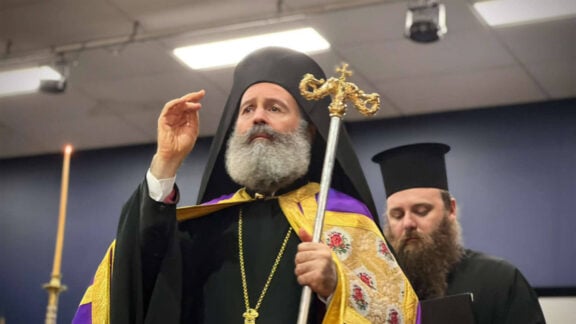The Tasmanian House of Assembly unanimously passed a motion Thursday, 11 May, recognising the Armenian, Assyrian, and Greek Genocides committed by the Ottoman Empire and its successor state.
This historic decision makes Tasmania the third state in Australia to acknowledge these tragic events.
With the adoption of the motion, the Tasmanian parliament joins New South Wales and South Australia in recognising the genocides committed against the Hellenic, Armenian, and Assyrian populations, the earliest genocides of the 20th century.
The adopted motion not only recognised the historical atrocities but also acknowledged the significant humanitarian contributions made by the people of Tasmania in assisting the victims of these genocides.
It also emphasised the importance of remembering these crimes to prevent their recurrence in the future.
Members of the local Hellenic, Armenian, and Assyrian communities, as well as representatives from the ANC-AU National Office and Board, witnessed the vote from the public gallery.
The motion, introduced by Lara Alexander MP for Bass, received widespread support within the House.
Notable speakers in favour of the motion included premier Jeremy Rocklife, opposition Leader Rebecca White, Greens leader Cassy O’Connor, Rosalie Woodruff MP, and Shadow Treasurer Dr Shane Broad.
Members of the Federation of Pontian Associations of Australia, as well as leaders from Hobart’s Hellenic community, were present during the historic proceedings.
Kostas Antoniadis, representing the Federation, expressed his gratitude, stating that “This achievement in Tasmania not only pays tribute to our ancestors and their memory but also brings us closer to national recognition.”
The Greek Community of Tasmania extended its thanks to all those involved in making the recognition possible, haring their appreciation for the unanimous decision made by all major parties, which was witnessed by members of the community present at Parliament House.
Dr Panayiotis Diamadis, an advisor to the Federation, welcomed the vote by the Tasmanian parliamentarians as an acknowledgment of historical realities, dubbing donations of cash and kind as “Anzac helping hands”.
Dr Diamadis emphasised that this decision brings a measure of justice to the victims of the genocides and long-overdue recognition of the efforts made by Tasmanians to support survivors.
On Thursday, June 8, 1922 Launceston’s Daily Telegraph had advertised a meeting of the ‘Armenian Relief Fund’, an event organised by Launceston Mayor Albert William Monds, aimed to raise funds for the survivors of the genocides in Greece, Armenia, Jerusalem, and Syria.
The complete text of the motion adopted is as follows:
GENOCIDE OF THE ARMENIANS, ASSYRIANS, AND GREEKS.
— That the House:—
(1) Joins the members of the Tasmanian Armenian, Assyrian, and Greek Communities in honoring the memory of approximately 1.5 million Armenian men, women, and children, and over 1 million Assyrians and Greeks who fell victim to the first genocide of the 20th century.
(2) Condemns the Genocide of the Armenians, Assyrians, and Greeks, along with all other acts of genocide committed during the 20th century, as the ultimate act of racial, religious, and cultural intolerance.
(3) (3) recognises and honours the extraordinary humanitarian efforts of the then newly formed Commonwealth of Australia, including Tasmania, for the orphans and other survivors of the genocide, which set a proud tradition of international humanitarian efforts by our State.
(4) further recognises the importance of remembering and learning from such dark chapters in human history, to ensure that such crimes against humanity are not allowed to be repeated.
(5) further condemns and opposes all attempts to use the passage of time to deny or distort the historical truth of the Genocide of the Armenians, Assyrians and Greeks and other acts of genocide committed in the 20th century.
(6) acknowledges the 34 UN member states (including US, Canada, France, Italy, Austria, and Switzerland) that have recognised the Genocide.


